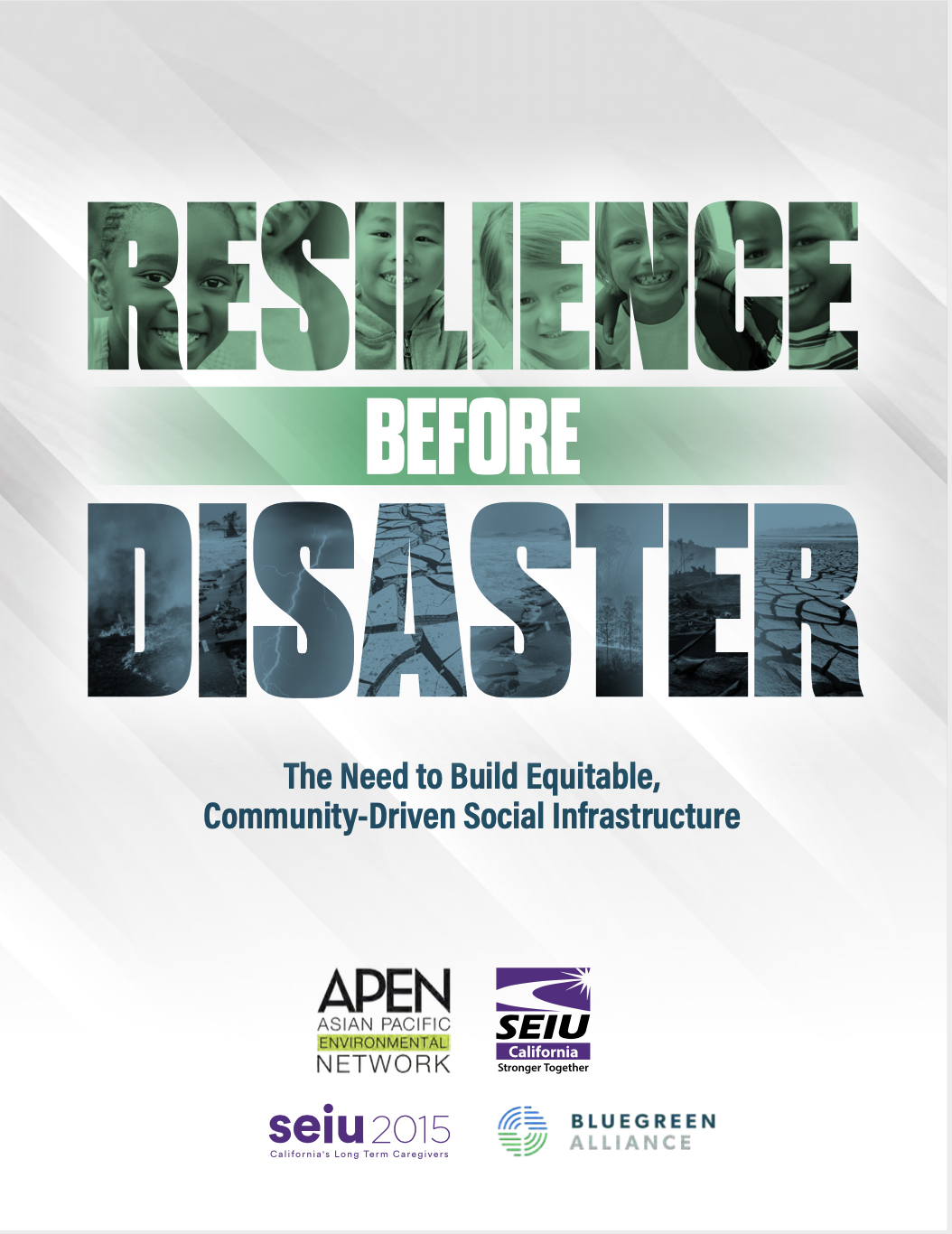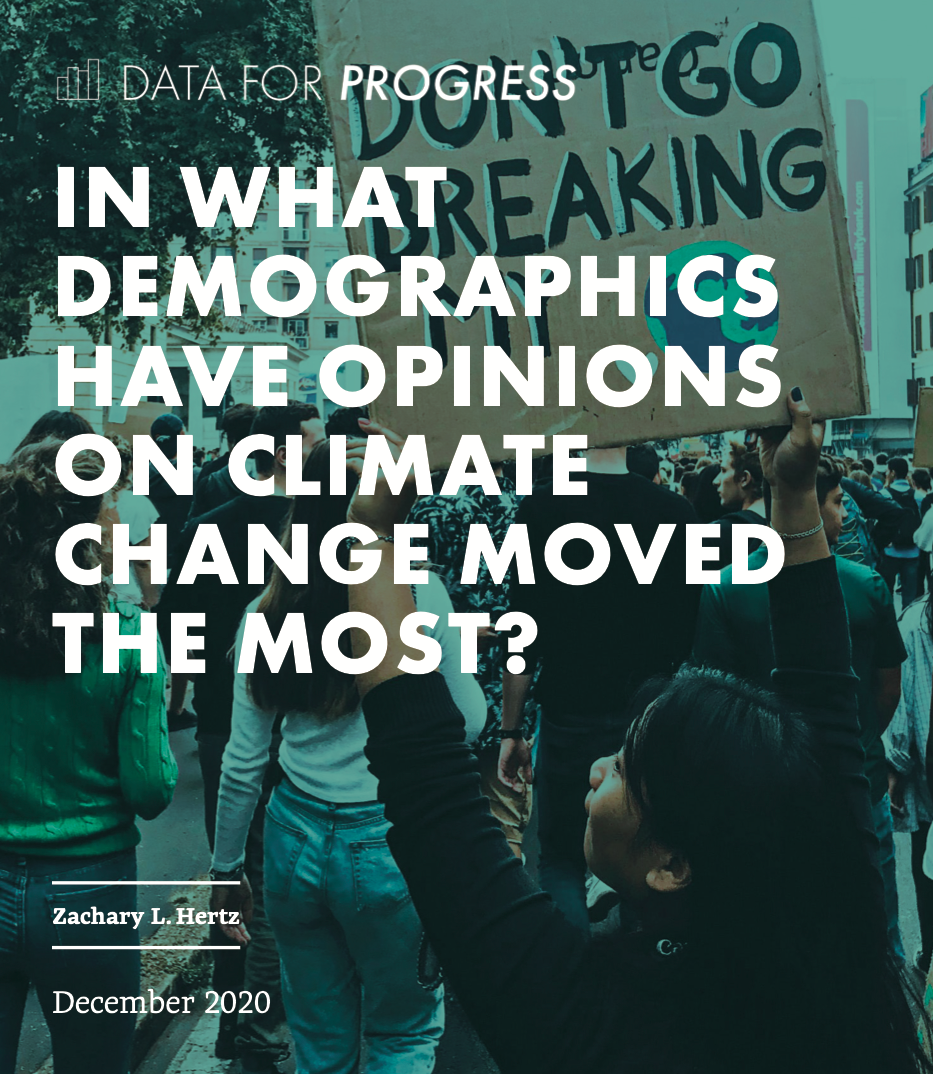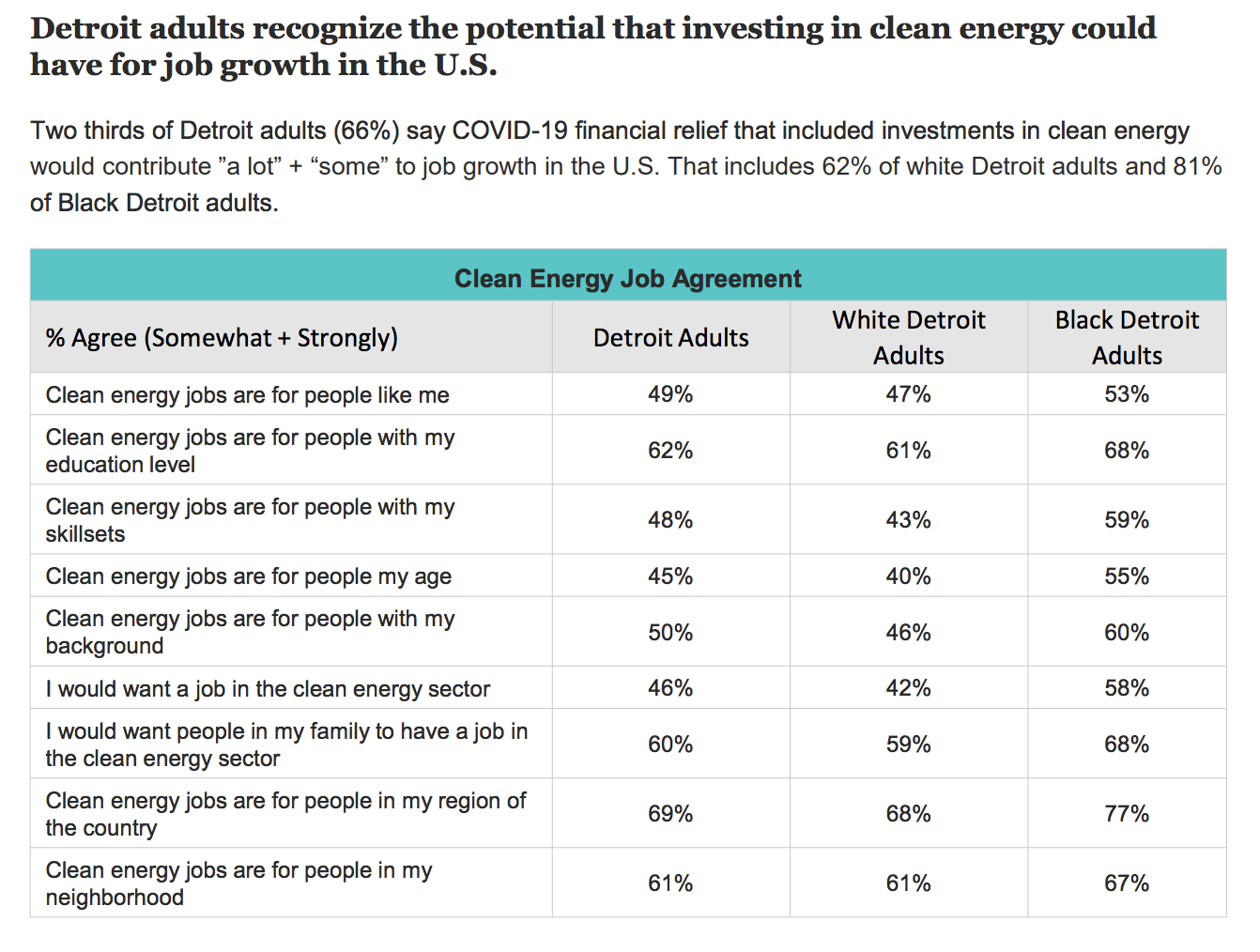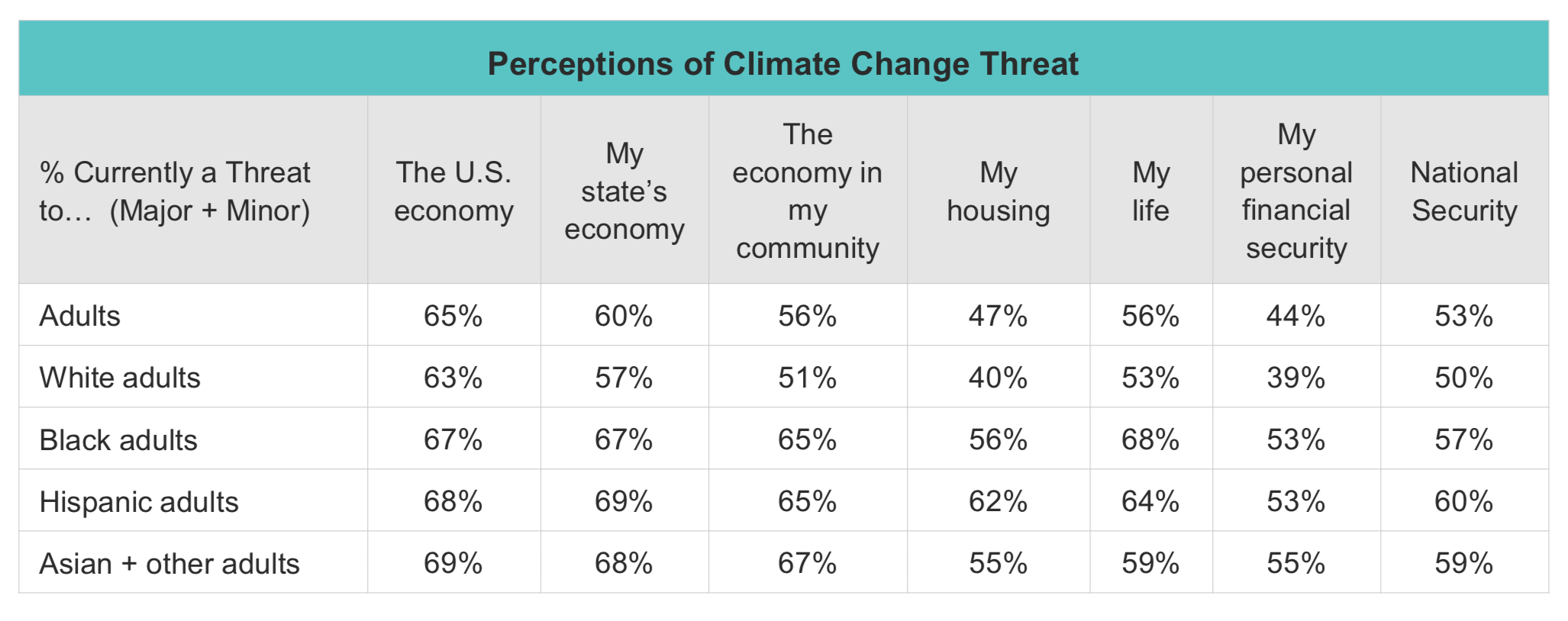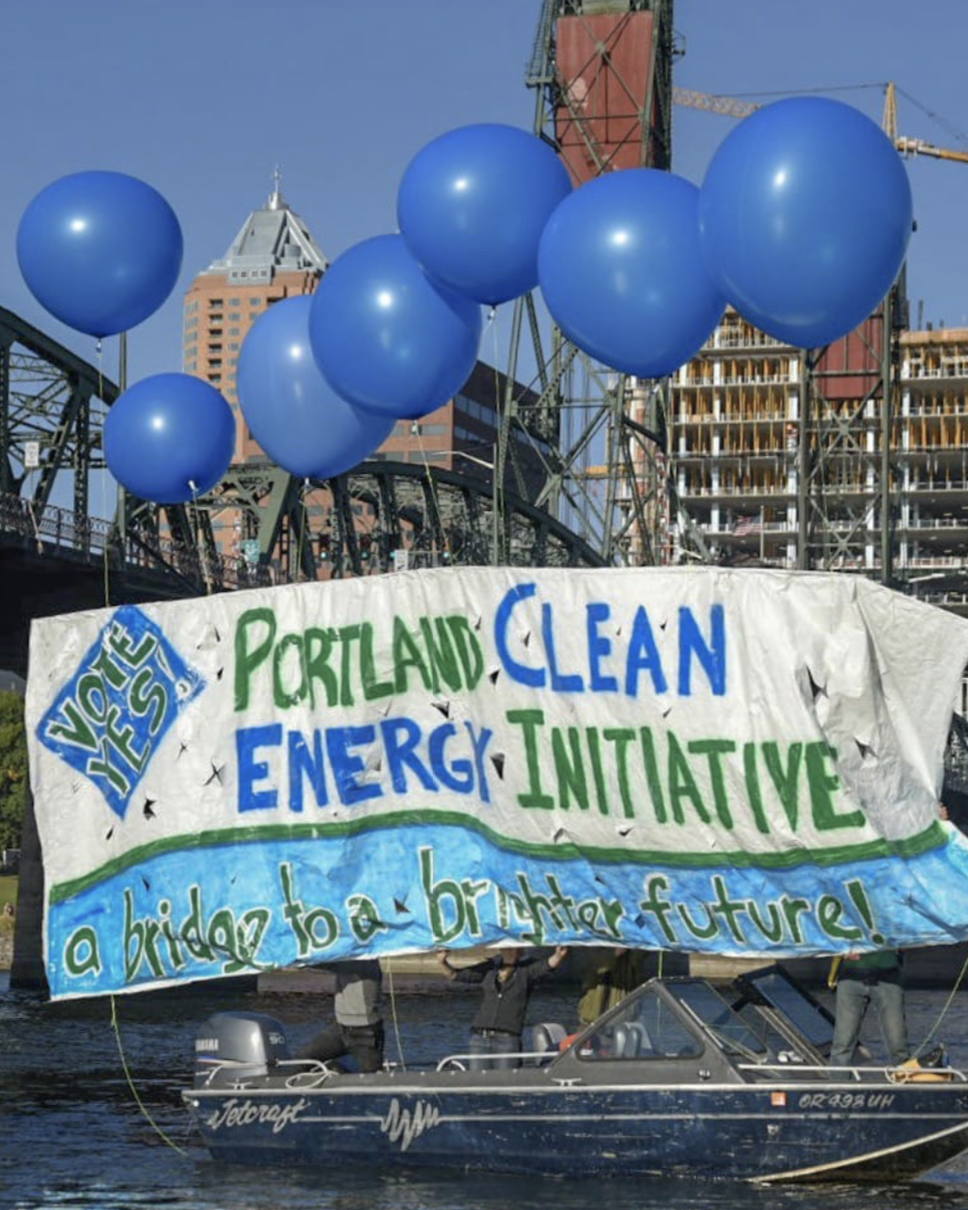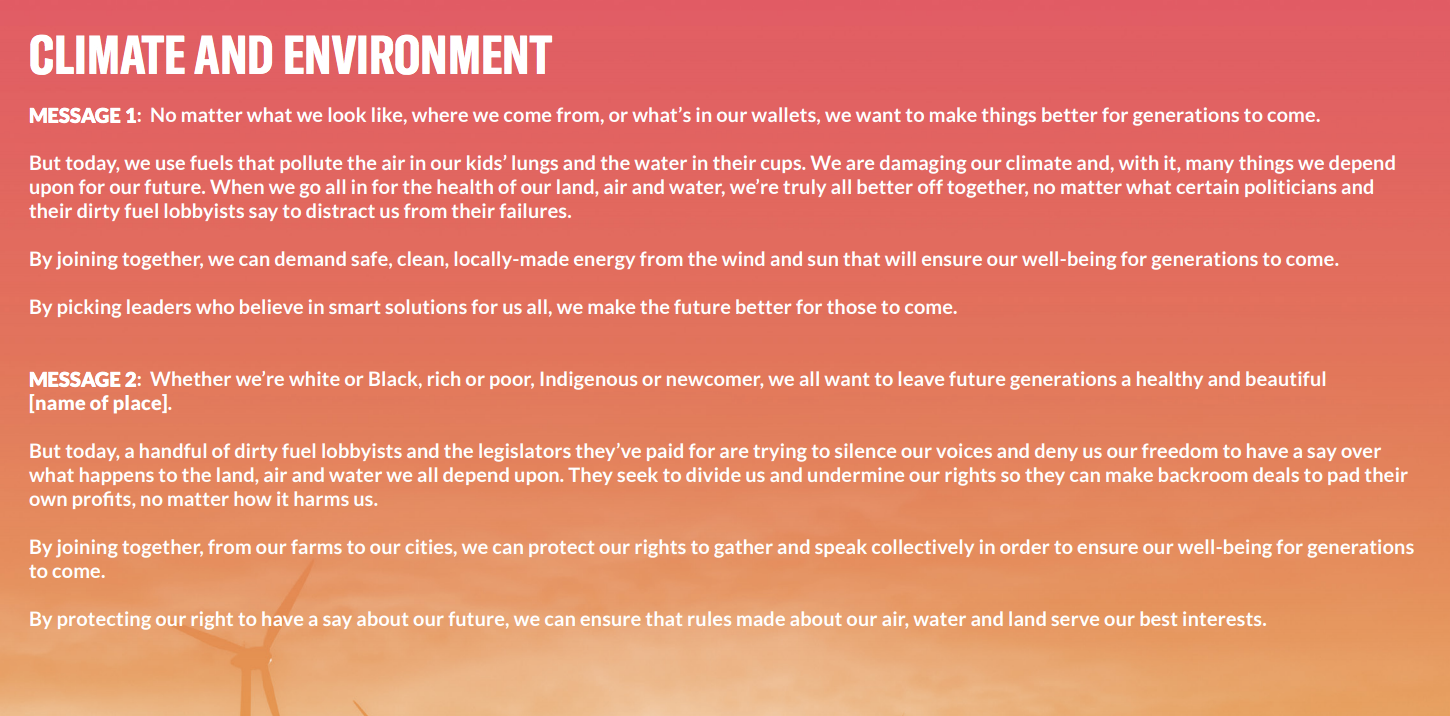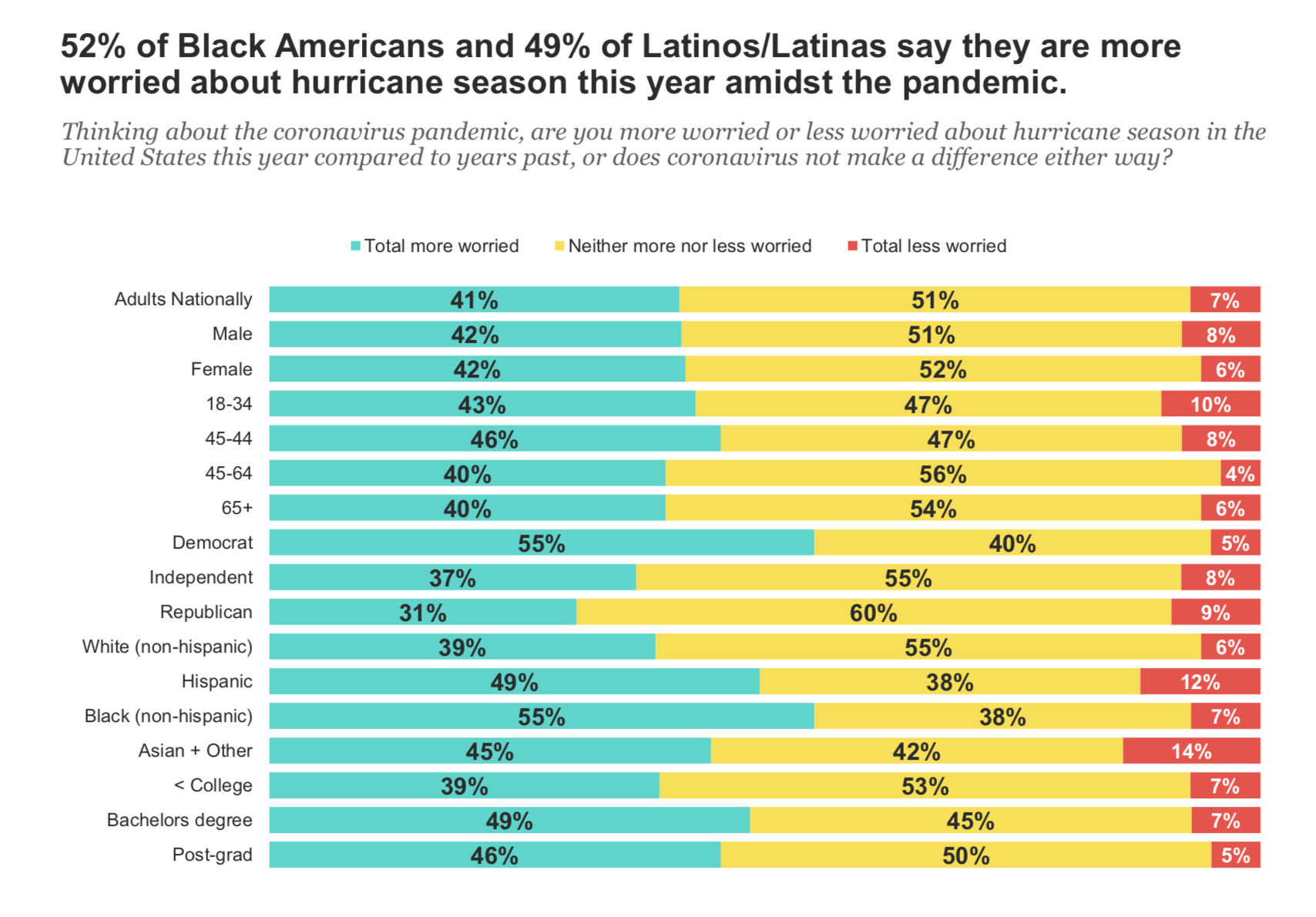Resources
Search below for resources covering the intersection of climate engagement, social science and data analytics.
RESULTS
Resilience Before Disaster: The Need to Build Equitable, Community-Driven Social Infrastructure
California and the US are increasingly beset by climate-fueled disasters like wildfires, extreme heat, and power blackouts. These events put additional stress on frayed hard and social infrastructure systems, and disproportionately impact working-class communities of color. To adapt to these changes, society must update our notion of disaster response to increase resilience in these systems before disasters strike. This report offers two models for this response: 1) building and normalizing resilience hubs where community members gather and organize both in good times and bad, and 2) increasing in-home resilience by recognizing homecare workers as effective agents for assisting vulnerable populations and bridging authorities and the frontlines. The report goes on to recommend specific ways to set up resilience hubs, train care workers, and develop forward-thinking emergency response plans to avert human disasters after natural disasters.
Fueling the Fire: Why Any Fossil Fuel Industry Bailout Will be Disastrous for Communities of Color
This report looks at the intersection of pollution from refining and burning fossil fuels, repiratory diseases caused or exacerbated by this pollution, the impacts of the COVID-19 pandemic, and race and racial inequality in the United States. It makes the case that the CARES Act constitutes a bailout of the dirty energy sector that spent more to prop-up the fossil fuel industry than it did on health care supplies and investments, even as this industry contributes to the adverse health outcomes from the COVID-19 pandemic in communities of color. The report's key findings also link large financial sector players like big banks, asset management companies, private equity and insurance companies to the chain of carbon and chemical emissions that have disproprotionately negative impacts on communities of color and low-income communities.
In what demographics have opinions on climate change moved the most?
This report examines shifts in climate opinion across demographic groups, based on responses to surveys in 2016, 2017, and 2019. Key findings include:
- The electorate increasingly and indiscriminately sees climate change as an important issue, with consensus growing consistently across demographic groups.
- Black and Asian American respondents both overwhelmingly viewed climate change as important at significantly higher levels than in 2016.
- One of the most prominent shifts in opinion on climate change occurred among Independent voters, with a margin widening from 11 to 25 percentage points.
- Generally, opinions on climate change were similar and increased at a similar pace across demographic groups separated by education level.
Beyond Demography: Black Audiences Online
This resource looks at where Black audiences are when they are online and how they act when they get there. This goes beyond reliance on polls and surveys to create a more complete picture of the culture people are consuming, creating and being inspired by. Key takeaways include the identification of five distinct Black audiences: Strivers, Planners, Learners, Gamers, and Bootstrapers, along with the most popular platforms (Google and YouTube) and the fact that most Black people are getting COVID news from mainstream and left-leaning outlets on their desktops.
Poll: Black Detroiters See High Potential for Job Growth in Clean Energy
Survey of Detroit adults sought to measure concern for and perception of the impacts of climate change and other environmental threats like pollution, flooding, and storms, how these threats impact different racial/ethnic groups, and how adults’ views on these issues vary by race and ethnicity.
Poll: Differences in Adults’ Concern and Perceptions of Climate Threats, Environmental Injustice
Survey of Black, Hispanic, and white adults sought to measure concern for and perception of the impacts of climate change and other environmental threats like pollution, flooding, and storms, how these threats impact different racial/ethnic groups, and how adults’ views on these issues vary by race and ethnicity. Key findings include:
- Black adults (60%) are nearly twice as likely as white adults (32%) to say they are very concerned about air pollution in their local community.
- A majority of Americans (70%) are concerned about climate change, but Hispanic adults (68%) and Black adults (66%) are more likely than white adults (53%) to say climate change is a major problem.
- Hispanic (50%) and Black (41%) adults are more likely than white adults (36%) to say they’re very or somewhat familiar with the term “environmental injustice.” While 51% of Black adults and 48% of Hispanic adults view environmental injustice as a major problem in the U.S., only 33% of white adults hold the same view, a significantly lower percentage.
- Black adults (60%) and Hispanic adults (61%) are significantly more likely than white adults (53%) to say they experience a lot + some exposure to pollution in their daily lives.
- While majorities of white (51%), Black 63% and Hispanic (55%) adults all say that predominantly Black neighborhoods still experience the long-term effects of redlining (definitely + probably), there are still differences between these groups in the extent to which they believe Black neighborhoods experience these impacts. Black adults (46%) are significantly more likely than both white adults (20%) and Hispanic adults (24%) to say that predominantly Black neighborhoods definitely still experience the long-term effects of redlining.
Portland Clean Energy Fund Executive Summary: A Breakthrough for Climate and Justice
In November 2018, residents of Portland, Oregon, made history by passing The Portland Clean Energy Fund (PCEF), a breakthrough initiative that will raise an estimated $44-$61 million annually to support local clean energy and economic justice initiatives. The fund passed with 65 percent of the vote and support from a long list of local businesses and community organizations, including faith leaders, labor unions, and more. This Executive Summary captures toplines on what the campaign learned about what it takes to win.
Amid Brutal Natural Disaster Season, Nearly 3 in 4 Adults Say Climate Change Is Playing a Role
Nationally representative polling from Sept. 14-16 shows that 39% of US adults say that climate change has contributed “a lot” to recent natural disasters like hurricanes and wildfires, with a further 34% saying climate change was responsible for “some.” Black and Hispanic adults were the most likely to say “a lot” (49% each), with White respondents at 36%.
Other highlights:
- Roughly half (48 percent) of U.S. adults are “very concerned” about the impact of climate change on the U.S. environment.
- 4% of adults say they are considering moving now due to natural disaster concerns, and 16% say they would consider a move in the future.
- 39% if adults say they are “very concerned” about the impact of climate change on the U.S. economy.
- The percentage of adults who say they are “not concerned at all” about climate change fell to 8% in this survey.
We Make The Future Messaging Guide
The We Make the Future Messaging Guide is for campaigners, researchers, and all people who want to persuade others to take action to confront the challenges of a changing climate. The guide is based on rigorous research into perception and persuasion, and provide specific recommendations to engage base constituencies and persuade the middle (or people who haven't spent a lot of time thinking about specific solutions). The core of this work is the Race Class Narrative, an approach that weaves together economic empowerment, racial justice, climate justice, and gender equity, using language proven to work to mobilize and persuade people to take action.
This is a how-to guide. It provides guidance on:
- What to say and, crucially, what not to say
- How to weave together the rights words and the right narrative
- How to link related issues such as racial justice and climate justice within all your communications and calls-to-action
- Specific ways to use these messages on email, social media, and via text message
Poll: In time of COVID, two-thirds of Americans want climate action
Americans are worried about "triple threat" of hurricanes, COVID, & climate change. 52% of Black Americans and 49% of Latinos/Latinas say they are more worried about hurricane season this year amidst the pandemic. Half of adults in southeastern coastal states say they are more worried about hurricane season this year and 66% say addressing climate change should be a priority.
Pagination
- Previous page
- Page 4
- Next page
